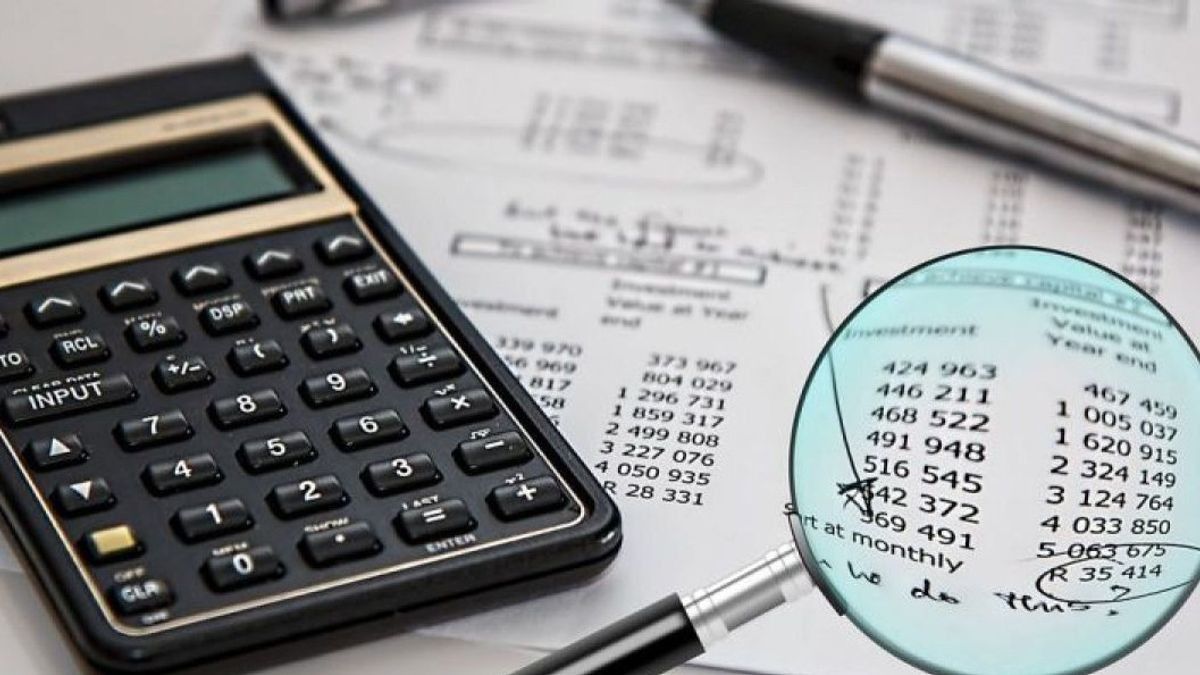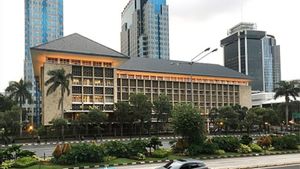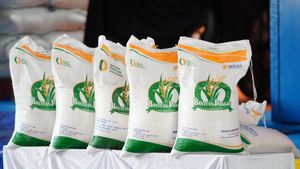JAKARTA - The dynamics of politics and the global economy are increasingly dynamic along with the many global issues that have occurred in recent times. However, the Indonesian economy is expected to remain resilient and can remain stable. This is a discussion of the Global and Domestic Investment Strategies Webinar held by Sinarmas Sekuritas (SimInvest).
Sinarmas Sekuritas Instituteional Research Isfhan Helmy estimates that the growth in the second quarter of 2024 will be quite strong.
"We estimate that GDP growth will be 5.1 percent-5.2 percent, where 2Q24 growth will still be strong enough at 5.3 percent where support from government spending and investment is still quite strong," he explained in his statement, Sunday, May 26.
Isfhan also assessed that the macro backdrop that did not change too much gave a strong foundation for the stock market for recovery in the 2024 semester, with the JCI target at 7.800 assuming 13.7x P/E.
In addition, Sinarmas Sekuritas estimates that the surplus trade will continue to be above US$3 billion on a monthly basis throughout the remainder of 2024 and will reach US$3.6 billion on average in the fourth quarter of 2024.
According to Isfhan, the main support will come from the operation of the Freeport Mega smelter and Amman Minerals which is expected to bring an additional US$300 million per month in the fourth quarter of 2024.
Isfhan said this would have an impact on the current account where Sinarmas Sekuritas estimates that it will reverse from a deficit to a surplus of 0.2 percent to 0.3 percent of PDP in the third quarter of 2024 to the fourth quarter of 2024.
However, on an annual basis, the current account will remain a deficit of 0.2 percent of PDP because a large deficit occurred in the quarter of 2024 which reached 1.1 percent of GDP.
Head of Fixed Income Research Sinarmas Sekuritas Aryo Perbongso said geopolitical tension in the Middle East had decreased which caused an 8.2 percent decrease in WTI oil prices.
SEE ALSO:
However, Indonesia's foreign exchange reserves fell by 4.2 billion US dollars to 136.2 billion US dollars in April 2024 due to the high payment of foreign debt and Bank Indonesia's intervention to stabilize the rupiah exchange rate. Inflation slowed to 0.25 percent (mom) and 3.0 percent (yoy) in April, influenced by the price deflation of post-Ramadhan foodstuffs. " he explained.
Aryo said Indonesia's GDP in the first quarter of 2024 grew by 5.11 percent, driven by government spending and private consumption, although this is the lowest growth for the first quarter of Ramadan since 2017, except for the year of COVID-19.
Meanwhile, the Transaction Deficit went wide to USD 2.161 million, and the overall Payment Balance showed a deficit of USD 5.97 billion.
In addition, Yield's government bonds declined slightly, with the yield of 10-year tenor bonds expected to drop to 6.72 percent amid continued market volatility and US economic concerns.
The English, Chinese, Japanese, Arabic, and French versions are automatically generated by the AI. So there may still be inaccuracies in translating, please always see Indonesian as our main language. (system supported by DigitalSiber.id)
















